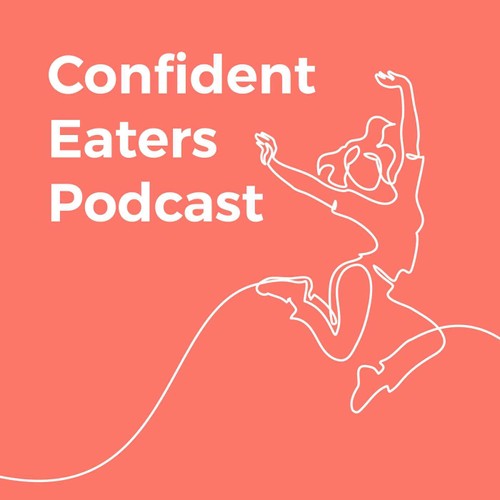Have you used food to reward yourself after a hard day? Or do you like to have a treat when you accomplish something you're proud of? Do you hear yourself say the phrase "I've earned this" or "I have been 'perfect' all week"? If so, then this episode is for you!
Join coaches Georgie and Shannon as they explore how using food as a reward, while it may seem like an innocent way to get ourselves to eat our vegetables or do our exercise, turns out not to be the most helpful motivator after all.
With client examples, personal stories, and practical tips you can start using today, Georgie and Shannon will demonstrate how using other forms of motivation and rewards can be just as pleasurable as food. Are you ready to develop a healthier relationship with food? This may just be the piece of the puzzle you've been missing, so you don't want to miss this episode!
Connect with Georgie and the Confident Eaters Coaches:
Have you ever thought, "I know what to do, I just need to consistently do it"? Who hasn't? Sometimes we need accountability. Sometimes we need specific strategies, new tools, or a bit of help. If you want help to personalize how to stop using food as a reward and learn to become a confident, sensible eater with 1:1 shame-free personalized attention, sign up here.
If you are someone who struggles with binge eating or emotional eating, be sure to check out Coach Georgie's other podcast Breaking Up With Binge Eating.

 Confident Eaters
Confident Eaters 
